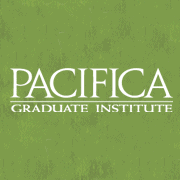Each week you will learn from: an audio or video Presentation by Linda, or Craig; a list of required or recommended Readings/Videos/Resources; online Discussion with the other participants and instructors, based on the responses you post each week to that week’s assignment; and a Live session with one of the instructors. Live sessions will be scheduled at varying times in order to maximize participation, and will be recorded for those who cannot attend a given week. Assignments include indoor and outdoor exercises designed to deepen learning and enrich nature connection.
Suggested texts: Linda Buzzell & Craig Chalquist, eds., Ecotherapy: Healing with Nature in Mind (Sierra Club Books, 2009); and Craig Chalquist, Terrapsychological Inquiry: Restorying Our Relationship with Nature, Place, and Planet (Routledge, 2020).



